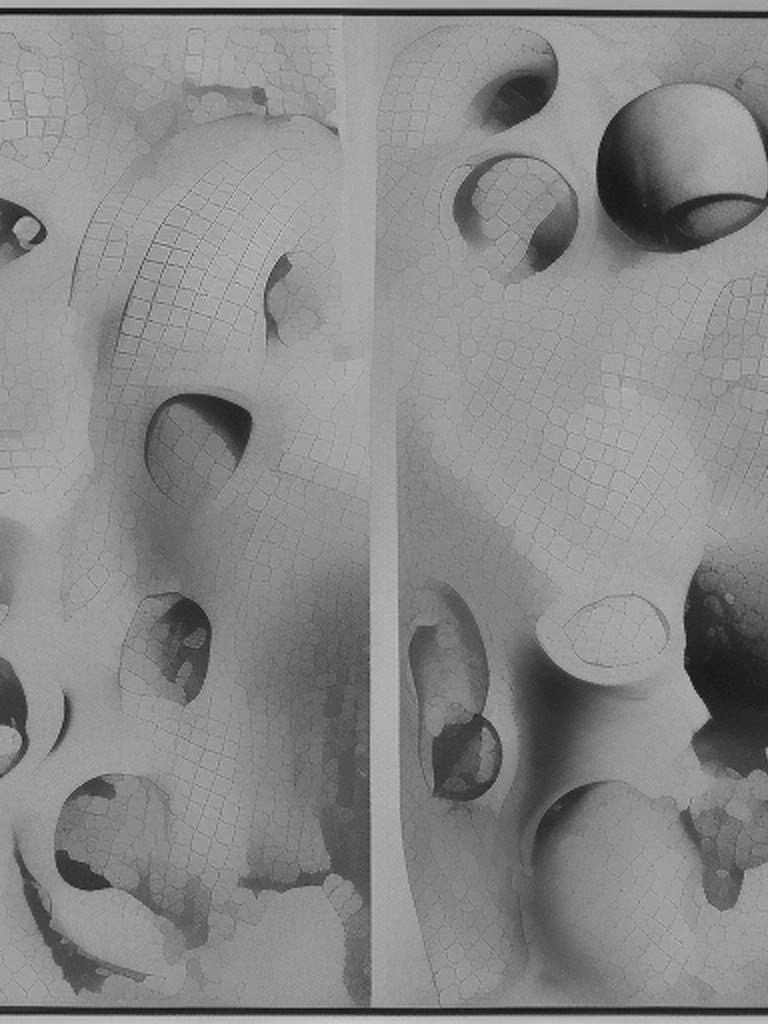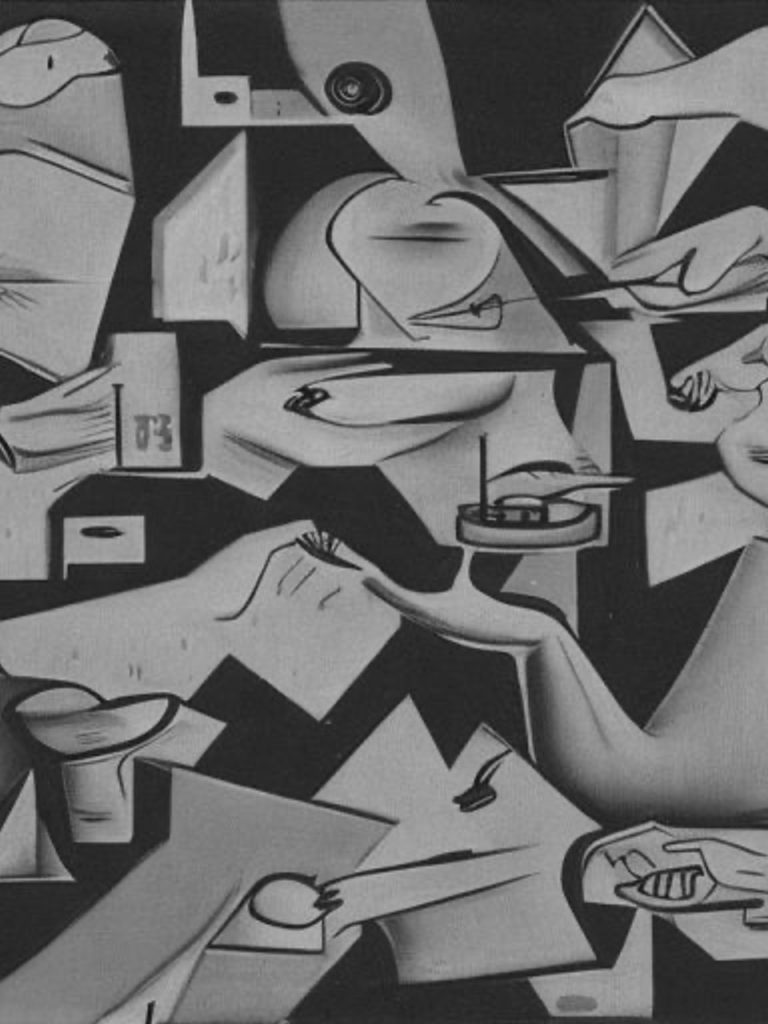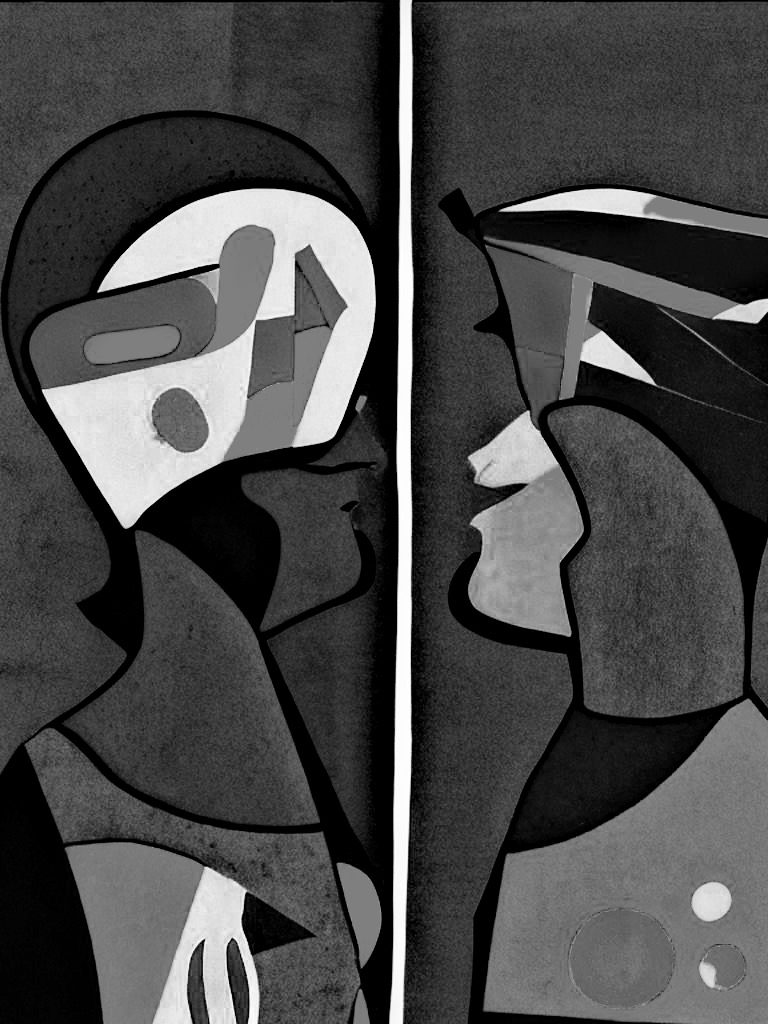Foucault’s archeology is, according to Foucault, an archeology of knowledge. Knowledge is that toward which the archeological activity...


Foucault’s archeology is, according to Foucault, an archeology of knowledge. Knowledge is that toward which the archeological activity...

For Derrida, an event truly worthy of the name must be irruptive, unforeseeable, and incalculable, bordering on incomprehension...

Happiness, for us, is a feeling; short-lived or abiding. Happiness, for Plato and in ancient Greek thought, refers...

Heidegger thinks the authenticity and inauthenticity of Dasein from out of a specific relatedness into which he places...

In the ethical-existential thinking-philosophizing of Sartre, authenticity is offered not as a mere value, but rather as a...

The supplement and its processes appear frequently in the writings of Derrida, but Of Grammatology is where this...

Discourse is a concept to which Foucault refers repeatedly; a concept that Foucault repeatedly re-visits; a concept whose...

For Plato, the theme of justice is question-worthy. In the Republic, justice is extensively discussed, questioned, and investigated.

For Derrida, a decision that is truly worthy of its name takes place only by passing through the...

The situation of children is where Simone de Beauvoir begins her discussion and analysis of freedom and the...

Standing reserve is one of the terms that appear repeatedly in Heidegger’s critique of modern technology and of...

Plato did not invent the word “philosophy”, but he rendered its meaning and scope radically other; he totally...

The assumption that there exists a God, a conscious God that preceded and created the universe is something...

In The Myth of Sisyphus, Camus says that there exists between art and the absurd a contradictory relation,...

Denial of the will, Schopenhauer says, must be the objective of every philosophizing and all thinking. Salvation occurs...

For Sartre, love is impossible; love is a project that inevitably fails. Love is an endeavor to be...

According to Simone de Beauvoir, men and women experience, feel, and think about love differently. This difference renders...

For Derrida, forgiveness occurs and first becomes possible only when it passes through its own impossibility, when it...

Love is one of the main themes that Plato repeatedly philosophizes, thinks, discusses, and talks about. In the...

According to Sartre, abandonment does not mean that we are forgotten about or left behind by a certain...